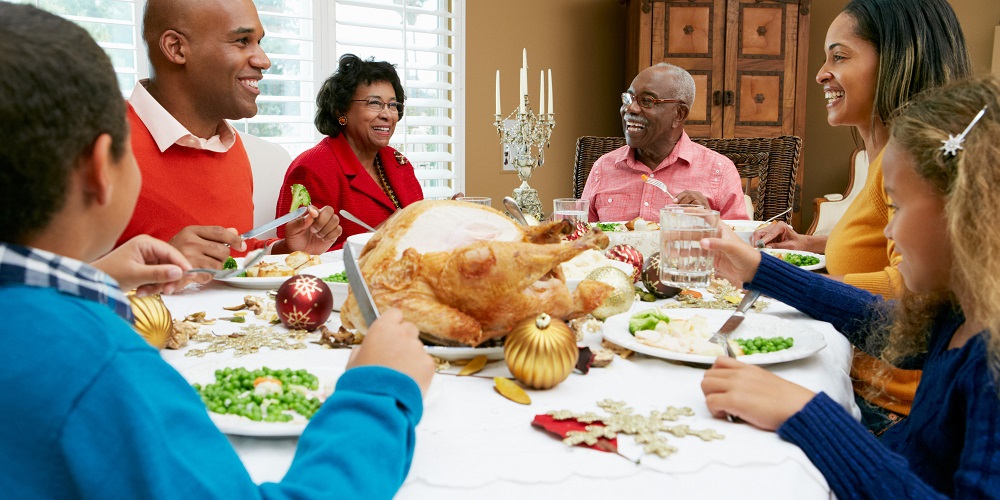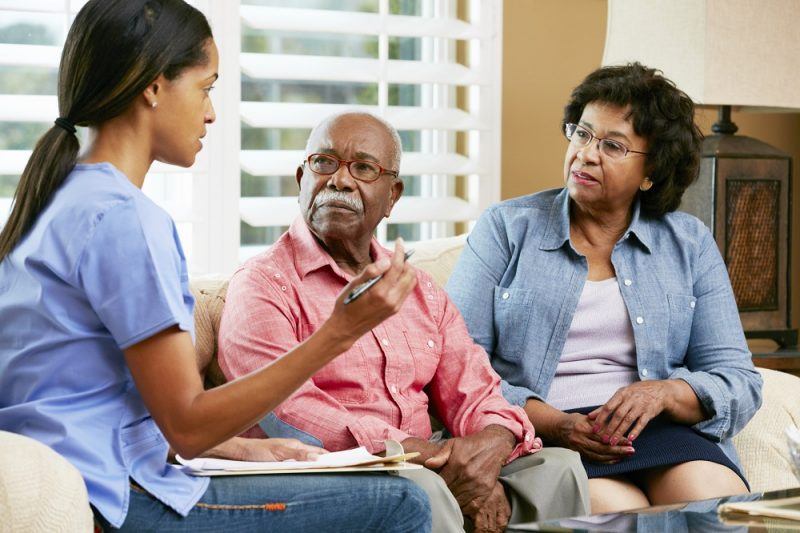
Family is one of the greatest things in life. I love mine. I am the oldest of three children and the only girl. While my father died in 2009 of liver cancer, my brothers and I, thankfully, still have our mother with us.
However, although she is alive, she is not always well. The state of her health has brought up many thoughts for me that have led to conversations about family members’ roles in taking care of sick loved ones.
I wanted to speak on this subject because it is one that many families go through and it is not always pretty. Dealing with a sick loved one who requires nearly round the clock care is taxing. My brothers and I, along with my mother’s older sister, have done what we can to make sure she has access to the healthcare she needs to get better.
In fact, her sister has been a driving force behind it all, spending countless hours filling out forms, taking her to appointments and making sure she has food and other amenities. But although my aunt has been a Godsend, there have been times where emotions have gotten the better of us in this situation. We have and continue to make it through, but that is not always the case for others with a similar experience.
For those who are familiar with this kind of issue, I know where you are. Also, if you are not in this situation, pay attention because you never know what can happen down the road. I would have never thought that my family would be in this position – taking care of a sick mother – but we are here, and we are making it work. Here are some tips on how to manage some of the ins and outs of taking care of a sick relative.
Over-Communicate (If You Have To)
This has been the key for us, and while we still have moments where we drop the ball in this area, communication is the principal thing. I have to communicate certain things to my brothers, for the most part, on behalf of my aunt because in the early stages of my mom’s care, there was no effective communication between them. As a result, there have been things said and done that have affected relationships. The last thing you want to do is have a rift between those giving care to a sick loved one. Over-communicate if you have to so that everyone is on the same page.
Manage Expectations
This is a big one. Without properly managed expectations, which comes from communication, by the way, assumptions will run the show. This is not good. Assumptions only lead to misguided outcomes that will cause bigger problems. Everyone involved in the care of the loved one should have a clear understanding of what the expectations of care are and what the expectations of executing that care are for each person.
Share the Load
About two years ago, my mother was in a much better place health wise. She had been living with diabetes for a while and was in a position to do most of her daily tasks herself. She was even able to work. Now, things are different and the need to share the load of making sure she gets to her appointments, etc. is paramount. I don’t live in the same city as my mother, and although I am close enough to get to her within a few hours, it mainly lies on my aunt and brothers. If there is more than one relative around, sharing the load is the fair thing to do, and it helps the whole operation run more smoothly.
Get Help
It is overwhelming taking care of a sick loved one at times. The good thing is that most cities have some kind of resources that can help tremendously with the various aspects of health management. Take the time to do the research. I will tell you that with things like this, it can seem like you are going in circles, but more than likely, a dead end with one agency can lead to something that works out elsewhere. Most of the time agencies work with one another or are aware of what other entities offer so in the event your loved one doesn’t qualify for something at one place, an organization can point you in the right direction.
We cannot choose our families, but we can choose how we respond to situations that arise amongst the people we love most. Your loved one needs you, so in those frustrating, hopeless moments, remember these tips and know that what you are doing makes all the difference in the world to and for them.


